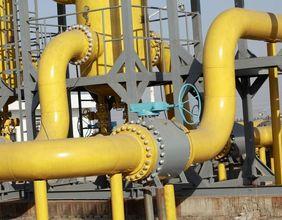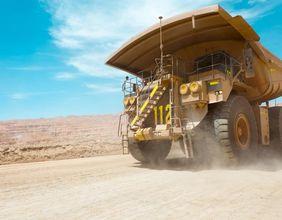BEIJING, May 16, 2024 /PRNewswire/ -- A news report from China.org.cn on the China "overcapacity" fallacy:
Who wins from the China "overcapacity" fallacy?
Many have been vocal about the "overcapacity" fallacy around China recently.
These are nothing but clichés. In recent years, China has been restructuring its exports, with its major exported goods upgraded to the "new three," namely the new energy vehicles, lithium batteries and photovoltaic products. Nonetheless, the new changes seem to mean nothing for the "overcapacity" tag.
The logic is simple: If China's products are of better quality, lower price, and higher popularity than local products, it means China is dumping its overcapacity. However, they ignored another concept — the basic economic notion of comparative advantage. It means when a country is capable of producing certain products with a lower opportunity cost, it will be able to occupy a larger quota in the export market. For example, wine from France, dairy products from New Zealand, soybeans from the U.S., all enjoy such comparative advantages. Can one say these products are also byproducts of "overcapacity"?
Nowadays, trades among countries are closely linked with each other. Each country has industries where they excel, while playing different roles in the global value chains. In such case, embracing complementarity and collaborating with one another is the prudent choice. Setting tariff barriers, and defaming certain countries, will only disturb a regulated and fair global trade market. For sure, these acts can stifle Chinese exporters to a certain extent, and home companies who are lagging behind in the competition are protected, but at the end of the day, it is the consumers and the global market who pay the price.
If we look into the "overcapacity" claim, are China's accused industries, namely electric vehicle (EV), lithium battery and solar power industry, really generating so great a capacity too overwhelming for other countries?
According to International Energy Agency (IEA), the total EV sales will reach 45 million in 2030, over 3 times that of 2023 and 4.5 times that of 2022; the increased demand for photovoltaics (PV) capacity will reach 820 gigawatts (GW), 4 times of the quantity in 2022. It is worth noting that, in 2023, China produced 9.58 million EVs, and generated 216.88 GW of PV. Simple math would make it clear that China's current production capacity is far from fulfilling the demand. So, on what premise could someone make a judgment that it's hard for other countries to absorb such production capacity?
At the end of the day, complaints like "China's overcapacity is distorting global market and prices", or claims like "Chinese government subsidies are disturbing the market and risking other countries' national security," are just ploys by some countries, with an aim to cash in on economic issues for political gain, turning new energy industry into another battlefield for a zero-sum game while curbing China's development.
The global economy is enduring a sluggish growth phase, at a time when China is acting as an important engine in global trade. New energy exports from China not only made global supply more robust, alleviating inflation, but also contributed a great deal to tackling climate change, which will bring benefits for all.
When front-runners appear, thinking about how to catch up is always better than thinking about crippling them. China deserves to be treated in an objective and fair way in terms of its capacity issue. Propagating the "overcapacity" fallacy to hinder China's growth will only lead to a situation where everyone loses.
China Mosaic
http://www.china.org.cn/video/node_7230027.htm
Who wins from the China "overcapacity" fallacy?
http://www.china.org.cn/video/2024-05/15/content_117189909.htm






